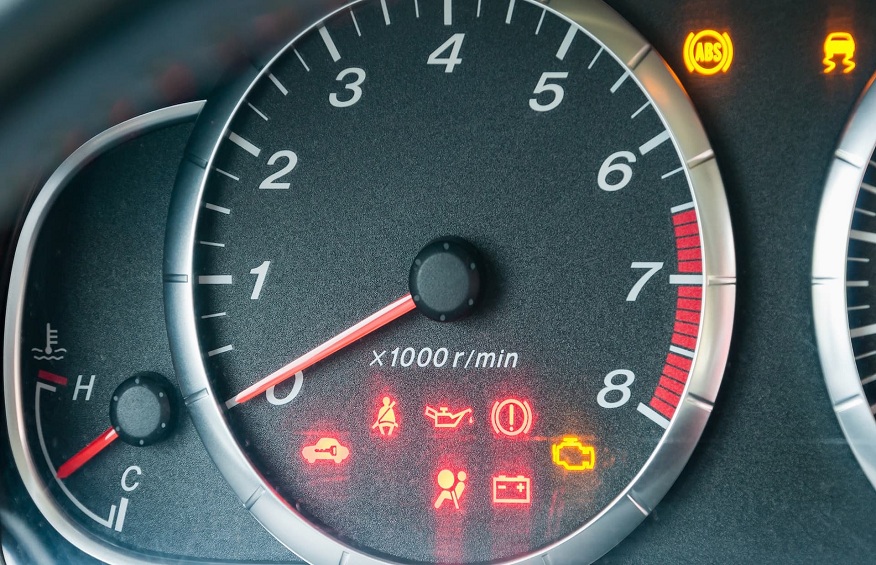
The future of transportation is changing at a rapid rate. The automobile industry has been through a lot of transformation recently. Many new technologies have swept the market and awed everyone. Self-driven cars are the latest inventions that are overwhelming the entire world. The concept of cars zooming through city streets and highways without human intervention was once regarded as science fiction. But advancements in technology have brought the world closer to a future where self-driven cars are becoming a reality.
Jeff Lupient is too optimistic about self-driven cars. He has expressed his enthusiasm in speaking about the latest revolution. However, while speaking about self-driven cars with joy, Jeff did not deny the fact that these cars come with some downsides. There are some challenges related to self-driven cars that everyone needs to know about.
Key Components of Self-Driven Cars
To understand the challenges you may face while navigating a self-driven car, you need to know about the major components that drive these cars. Self-driven cars are equipped with an array of sensors to perceive their surroundings accurately. Advanced AI systems process the data collected by sensors, enabling the vehicle to make decisions, recognize objects, and adapt to dynamic driving conditions. Self-driven cars often rely on advanced communication systems to interact with other vehicles, traffic infrastructure, and central control centers, facilitating coordinated traffic management. These vehicles come with sophisticated control systems that govern acceleration, braking, and steering, ensuring smooth and safe navigation.
Self-Driven vs. Traditional Cars
So, what are the key differences between self-driven cars and traditional cars? You need to do your research and learn about this aspect to understand how self-driven cars can bring transformation to your driving life.
- Safety: Manufacturers of self-driven cars claim that they have the potential to significantly reduce accidents caused by human error. With advanced sensors and AI, these vehicles can detect and respond to potential hazards more rapidly than human drivers.
- Efficiency: Self-driven cars have the potential to optimize traffic flow, reduce congestion, and enhance fuel efficiency through precise control of acceleration and braking.
- Environmental Impact: Through optimized driving patterns and efficient traffic management, self-driven cars may contribute to reducing carbon emissions and promoting a more sustainable mode of transportation.
Challenges of Self-Driven Cars
Despite its promising advancements, self-driven cars come with several challenges on the road.
- Technical Challenges: Achieving full control over the road involves overcoming complex technical challenges, such as improving sensor accuracy, enhancing AI decision-making, and ensuring the functionality of the overall system.
- Public Perception and Acceptance: Building public trust in self-driven cars is crucial for their successful integration into society. Addressing concerns related to safety, privacy, and cybersecurity is paramount.
- Infrastructure Compatibility: Self-driven cars rely on advanced infrastructure, including smart roads and communication systems. The lack of standardized infrastructure poses a significant challenge to the widespread adoption of autonomous vehicles.
Self-driven cars represent a transformative shift in the transportation landscape, offering potential benefits in safety, efficiency, and accessibility says Jeff Lupient. While significant progress has been made, there are still challenges to overcome, both technically and from the public perspective.



